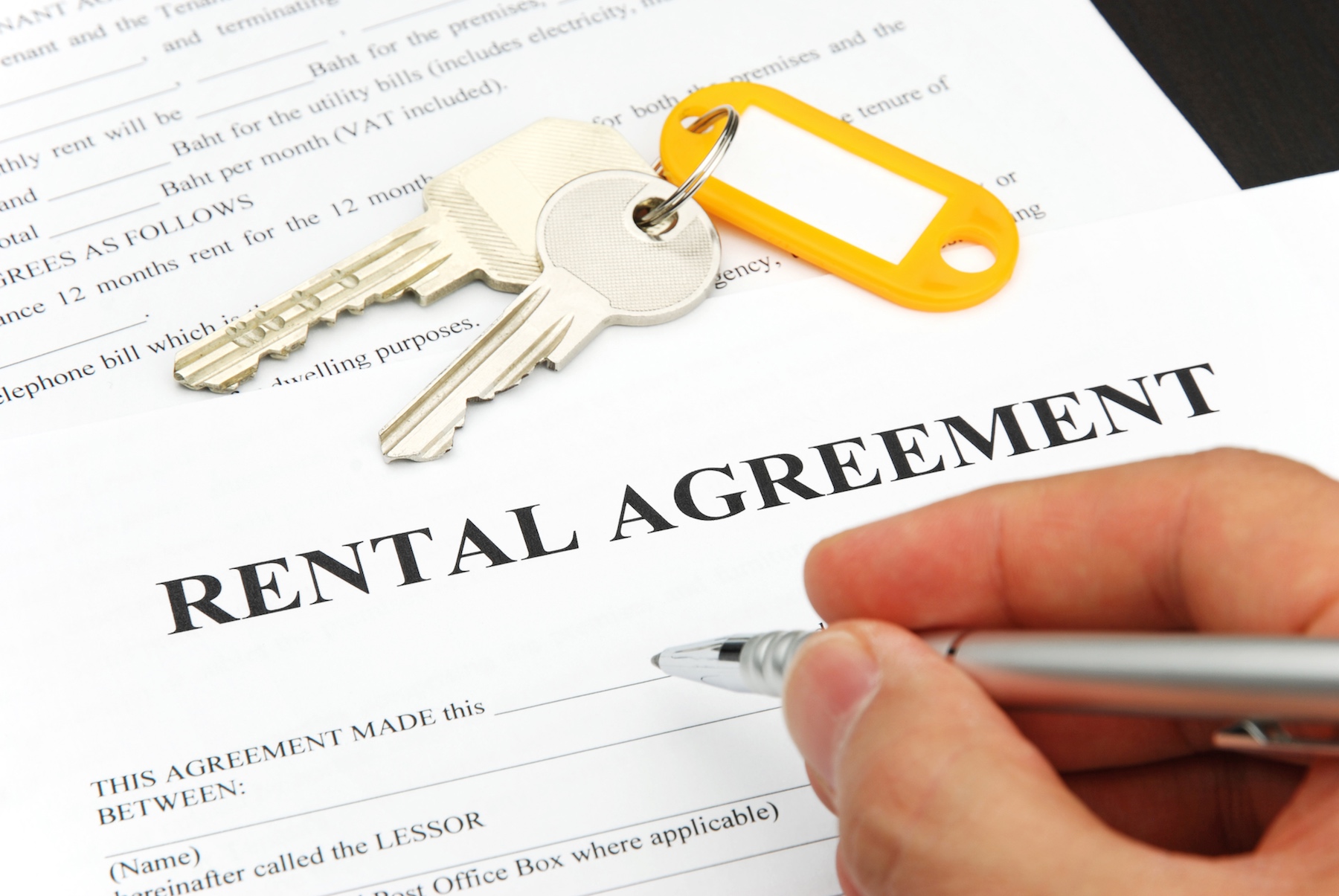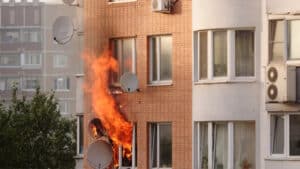
I continue to convalesce though now I am out of the hospital, back home with my family, and returning to work well in a wheelchair. I thank God that my injuries are not more severe because, as a trial lawyer, I have the unfortunate experience of sitting across the table from people who have suffered even worse life altering, or life ending experiences.
My own collision and injuries deepen my passion and conviction to help those who find themselves in the situation through no fault of their own.I’m learning a lot about disability access, things you don’t think about until you are confinement in a wheelchair and have to make your way about in a world designed for those who walk. You can bet that some of my upcoming columns will address issues relating to disability rights. As I learn more I will share with each of you so that we can all understand our rights and responsibilities.
Back to answering questions. This week’s question comes from Bradley J. who has not specified where he hails from. When sending in your questions please make sure to identify what city and county you live in as the law changes from place to place.
Bradley asks “how much can they charge for an initial security deposit and do they have to pay me interest?”
Pursuant to California Civil Code section 800.49 (a), any charge for a residential (meaning other than commercial rental) security deposit must be made on or before the initial occupancy. No additional security deposit can be demanded after said time.
Pursuant to the same code section, generally, the maximum amount of the deposit may not, in addition to the first month rent, exceed two months’ rent charged. As with most everything that you read in this column, this rule is subject to certain exceptions. Each jurisdiction may have separate, independent, rules. Therefore, you should check with your local rental board to see if there any further restrictions on what may be charged.Different rules apply depending upon the length of the tendency and parties may make mutual agreements more or less of a security deposit.
Additionally, for pets other than those which are required as guide or assistance animals, a landlord may ask for supplemental pet deposit.As far as interest on the security deposit is concerned, Civil Code Section 800.49 (d) establishes the general rule that a landlord is not required to place a security deposit into an interest-bearing account nor are they required to pay interest on the security deposit to the tenant.
San Francisco has strong pro-tenant Administrative Codes (local laws) which change this general rule. San Francisco Administrative Code Section 49.2 requires that a landlord must pay, either directly or in the form of a rent credit, an amount of interest set by the S.F. Residential Rent Stabilization and Arbitration Board (to be effective March 1 of each year) on all security deposits held for at least one year (except for government-subsidized housing units).
The rent is calculated by the Rent Board based upon the Federal Reserve Six-Month’s Certificate of Deposit rate using an average of the 12 most recent monthly rates as posted by they Federal Reserve. For example, currently, the interest rate in effect for March 1, 2012 through February 28, 2013 is 0.4%.
Pursuant to S.F. Admin Code section 49.2 (b) this accrued interest must be paid (or credit given) once year on the same month and a (commencing with the one-year anniversary date the deposit was first made).
So, Bradley, I hope this answers your question. If you live in San Francisco and are not being paid your annual interest on your security deposit contact the Residential Rent Stabilization and Arbitration Board. They cannot only answer a question spoke to serve as a vehicle to help you to enforce your rights. Until next week, be safe and be careful and look out for one another.










